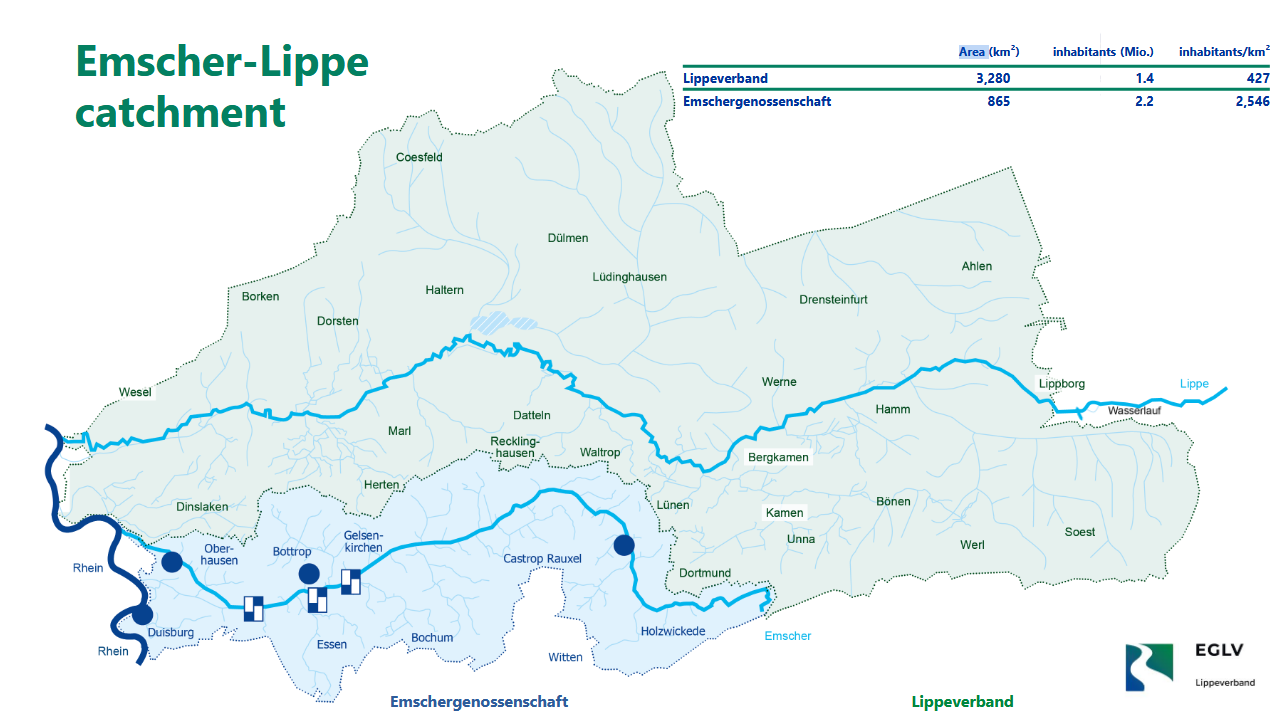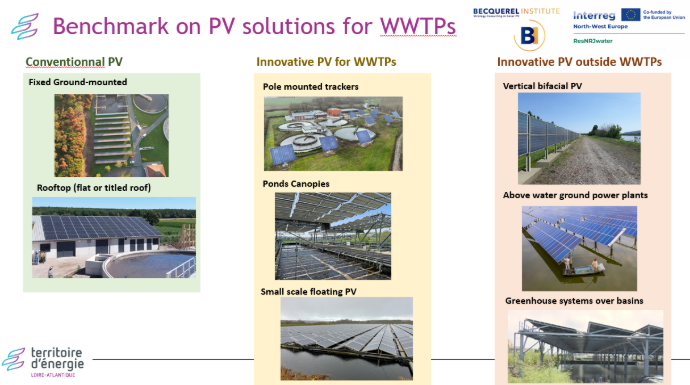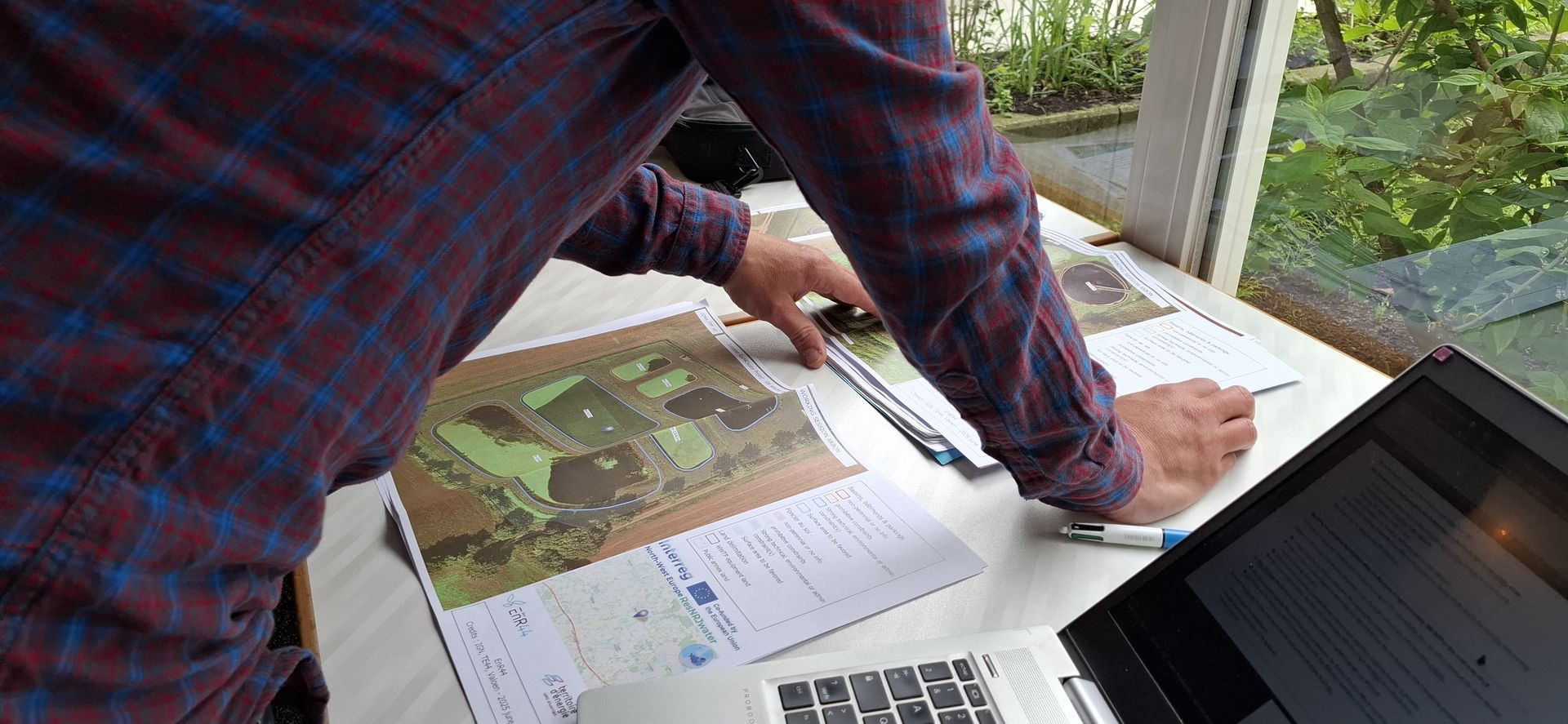Identification of RES potentials is a key target of the ResNRJwater project partnership.
When it comes to the aspect of defining RES potential there are several challenges to be adressed.
The procedure should be usable for any North-West European Country regardless of country specific aspects, so to say: A One-Fits-All procedure.
In order to produce renewable energy it is pivotal to find the right technology on the best spot. Finding the best match requires the development of a detailed methodology. Our partners are engaging in different internal processes including regional and national specific conditions to develop fitting tools.
How to approach RES potentials in Germany
For the German example our lead partner LIPPEVERBAND (LV) is focussing on identifying potential areas for wind power.
For this part of the ResNRJwater project Andreas Sanders (LV) developed a systematic procedure to scan the whole Emscher Area in order to find a best match between technological conditions and the specific potentials of the area. For the Emscher area specific regional specific conditions have to be considered.

The Emscher area on the one hand is composed as a densly populated area, and on the other hand you find vast rural areas further in the north and its surroundings. These conditions constraint possibilities of technological innovation and criteria for a setting up of wind energy plants must be established.
On the basis of current technological conditions of RES Andreas Sanders and his team defined criteria in order to understand what may be of importance once you want to establish RES.
Experiences from our french partners



In the département Loire-Atlantique there are around 300 waste water treatment plants, which makes as many different configurations. These are the main challenges our french partners had to adress.
Our project partners from ENR44 and TE44 with Emmanuell Bourien (TE44) with the help of Valoen company developed a GIS based tool, that characterized (filtering and Data analyzing) every WWTP in terms of their capacity to host PV power Plants.
A challenging road
In France in general waste water treatment plants don´t belong to water boards, as in the Netherlands or Germany, but to local municipalities, who contract operators. Renewable energy is mostly not in the focus of these companies.
Furthermore there are many heterogeneous types of waste water treatment plants. At the scale of one french département coordination of RES development is difficult, since there´s no higher level coordination than the local municipalities.
The second challenge was to understand and find out what would be the best match between waste water treatment plant equipment and PV system considering very innovative PV technologies. These could be floating PV, vertical linear bifacial PV and Pole mounted trackers.
A general methodology

Currently our partners from Germany, Switzerland and France are working on a general methodology to implement RES in Waste water treatment plants.
Soon here you will find a detailed road how to implement this PV/WIND flow - methodology which then can be used and is easily accessible to others.
We are currently working on an easy-to-follow Example and further information about how to implement the methodology in different areas of North-West Europe